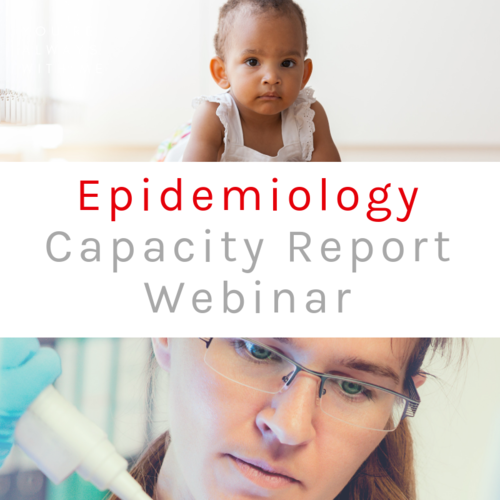This post was written by originally posted on the Big Cities Health Coalition’s Front Lines blog.
Epidemiologist, noun
epidemiologist \ˌe-pə-ˌdē-mē-ˈä-lə-jist
An expert scientist who studies, detects and tracks injuries and disease in our communities.
Epidemiologists serve on the front lines of public health, protecting Americans and the global community. When health threats emerge, these “disease detectives” investigate. They identify the causes, factors and patterns associated with illness, determine who is at risk, collect evidence to recommend preventive actions, and rapidly implement control measures. Epidemiologists also respond to major health hazards including emerging threats such as Zika and Ebola, as well as natural disasters such as floods and hurricanes. They also work on chronic issues facing communities including obesity, diabetes, cancer, HIV/AIDS and motor vehicle crashes.

A new study of Big Cities Health Coalition (BCHC) member departments just released by BCHC and the Council of State and Territorial Epidemiologists (CSTE), done in partnership with 27 of our members, finds that big city health departments contribute substantially to our national epidemiology capacity. Epidemiologists often receive increased attention when a major infectious disease outbreak hits the country, such as with the Ebola or Zika viruses. Media and public officials look to these experts to find out how and to whom a disease spreads in communities, and what can be done to stop it. The work of these experts is vitally important to our nation’s health and security even when not making headlines, and they serve a wide variety of functions beyond stopping disease outbreaks, from fighting the opioid epidemic to measuring childhood asthma or other chronic disease rates. In fact, epidemiologists work every day to help make the difference between a healthy community and one overburdened with disease.
According to research from the 2017 BCHC/CSTE Epidemiology Capacity Assessment, local health departments have broad capabilities, but there are three key areas where local officials say the need for additional disease trackers outpaces current capacity: chronic disease, substance abuse, and infectious disease.
CSTE’s state Epidemiology Capacity Assessment, has been conducted six times since 2001. The report quantifies what we’ve known anecdotally – a gap exists between the number of epidemiologists on staff in many public health departments and what is needed. It estimates the number of experts required to be able to adequately protect the health of so many Americans. It also reveals that local health departments aren’t getting the full support of state and federal governments and must spend scarce local funds on this core function.
- Nearly 1,100 epidemiologists work in big cities protecting over 55 million Americans.
- In most city health departments, epidemiologists work on infectious disease, maternal and child health, disaster preparedness, chronic disease, vital statistics, and environmental health.
- Fewer departments have epidemiologists working on: mental health, substance abuse and injury prevention
- To reach full capacity, big city health departments need:
- 40% increase in epidemiologists overall, or an additional 434 epidemiologists.
- 121% increase in injury/violence epidemiologists
- 86% increase in maternal and child health epidemiologists
- 72% increase in chronic disease epidemiologists
- 66% increase in disaster preparedness epidemiologists
- 51% increase in substance abuse epidemiologists
BCHC and CSTE will co-host a webinar on Wednesday, October 24, 2018 at 2:00 pm EDT to review the findings of the report and answer questions.


